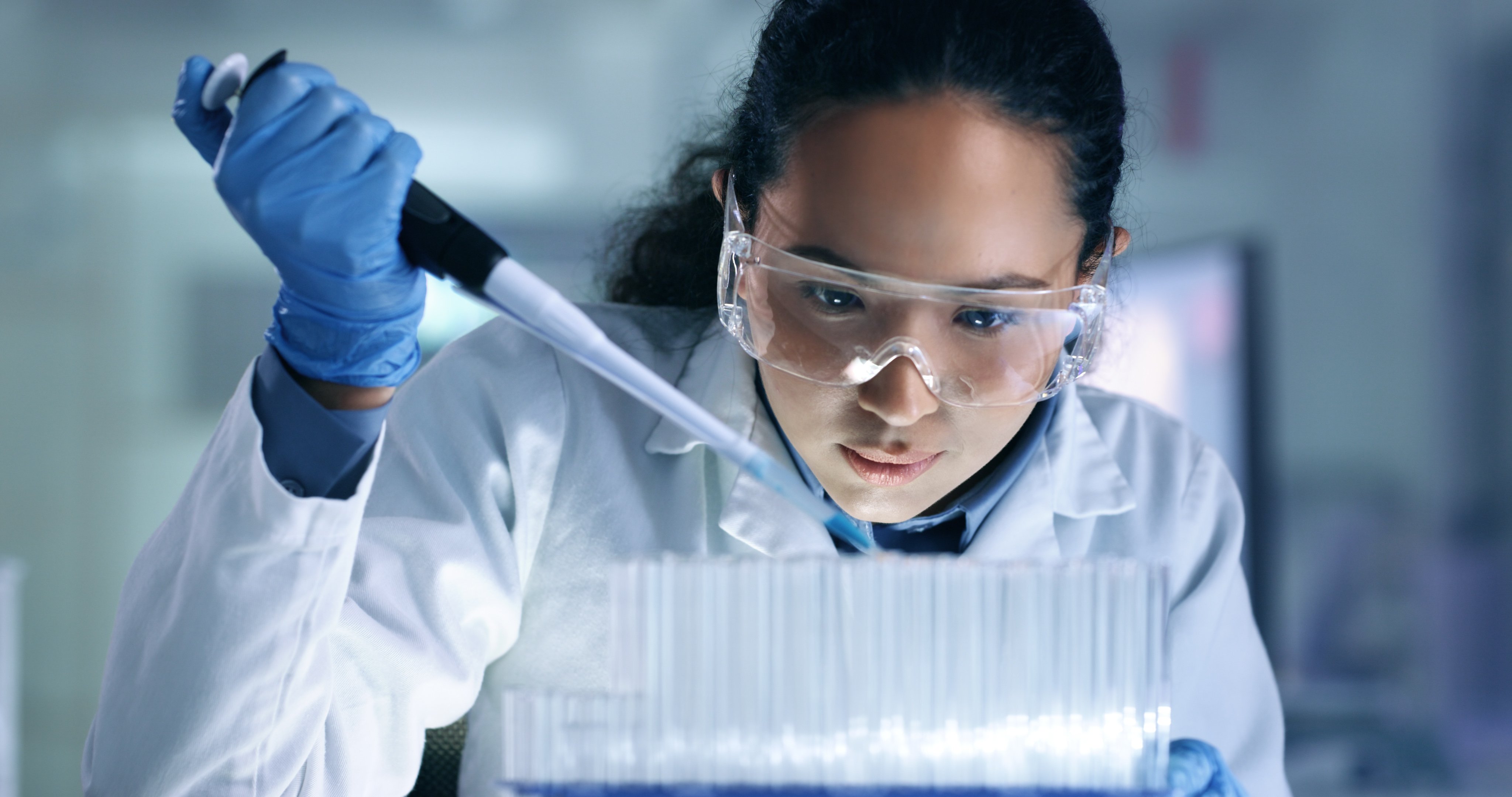What is the role of a biomedical scientist?
Biomedical scientists are pivotal to advancing medical knowledge and ensuring the accuracy of diagnostic tests and procedures. They are responsible for conducting research, experiments, and analyses in laboratories to investigate various diseases, develop new medical techniques, and enhance existing diagnostic methods. Their expertise is essential for contributing to the understanding and treatment of medical conditions while adhering to rigorous scientific standards and ethical guidelines.
Biomedical scientists typically focus their expertise within one of four specialized areas in the field: blood sciences, infection sciences, cell sciences, or molecular pathology and genetics.
Ready to take the next step?
Apply now for a job as a Biomedical Scientist!
What do biomedical scientists do?
Biomedical scientists are entrusted with a wide range of crucial responsibilities. They conduct research to explore the underlying causes of diseases and contribute to the development of new therapies and treatments. Collaborating with medical professionals, they design and validate diagnostic tests and procedures that aid in disease detection and monitoring.
Biomedical scientists also perform meticulous laboratory experiments, analyze data, and draw conclusions that can have far-reaching implications for healthcare. They work diligently to ensure the accuracy and reliability of laboratory results, making any necessary adjustments to improve the quality of testing.
Furthermore, biomedical scientists often communicate their findings by writing reports and research papers to share their discoveries with the broader scientific community.
What are the required skills for a biomedical scientist?
To excel in the role of a biomedical scientist, individuals must possess exceptional analytical and critical thinking skills. They are crucial for designing experiments, interpreting data, and drawing meaningful conclusions.
- Effective communication skills are necessary for collaborating with healthcare professionals and conveying research findings to peers and the public;
- Additionally, biomedical scientists should have a strong academic foundation in laboratory techniques, including molecular biology, microbiology, and biochemistry;
- They must also stay up to date with advancements in their field and adhere to strict ethical standards in research and experimentation.
Where do biomedical scientists work?
Biomedical scientists find rewarding employment opportunities in various settings, including research institutions, hospitals, pharmaceutical companies, and government agencies. They often work closely with clinicians and healthcare providers to bridge the gap between laboratory research and patient care.




